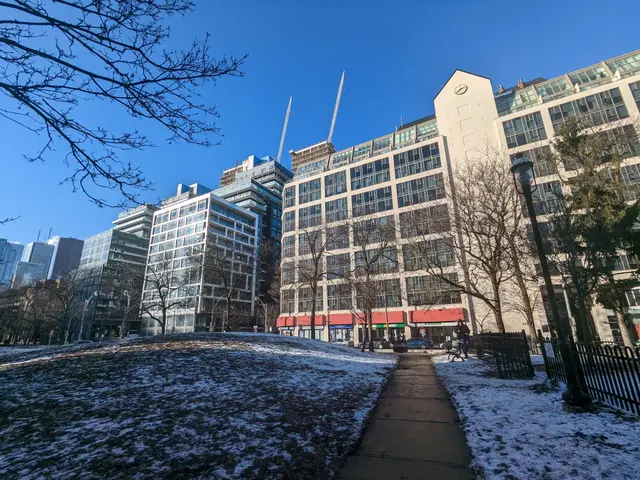Credit Card Fees Surge Post-Pandemic, Sparking Inequality Debate
Credit card fees have surged since the pandemic, sparking debate over swipe fees and their impact on merchants and consumers. While some experts argue these fees are necessary for merchants, others warn they benefit high-income households at the expense of lower-income ones.
Credit card usage and acceptance fees have risen sharply since the Covid-19 pandemic began, with swipe fees increasing nearly 70%. Meanwhile, cash payers effectively subsidize credit card users by paying the same prices without enjoying the rewards.
American Express and JPMorgan Chase have added luxury perks to their top rewards cards this year, hiking annual fees. However, the cost of these bonus payments is ultimately borne by merchants and service providers through interchange fees. This means businesses accepting credit cards effectively pay for the bonuses, which may be indirectly passed on to consumers via prices.
Experts worry that this trend raises costs for everyone, including merchants and customers. There's a growing divergence in spending between high- and low-income households, with high-income households driving most consumer spending. Without legislation promoting competition, credit card issuers have doubled down on premium cards with high annual fees and higher merchant fees.
As credit card rewards and fees continue to rise, so do concerns about their impact on merchants and consumers. While high-income households enjoy more perks, the cost is shared by all. Legislation to promote competition and lower costs has not advanced, leaving the future of credit card fees uncertain.






